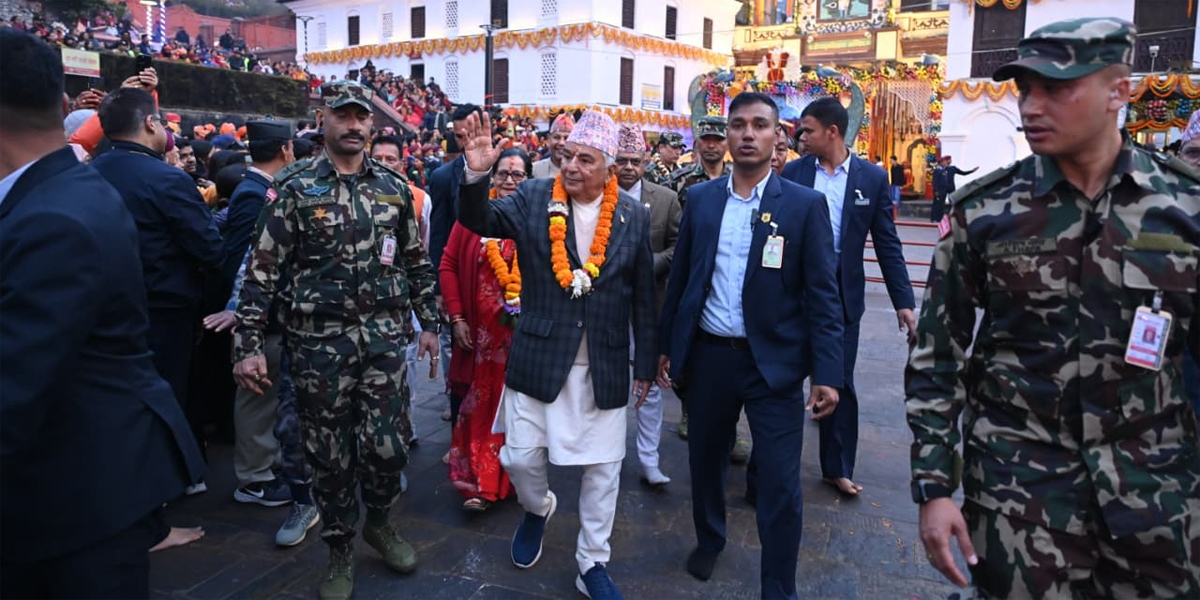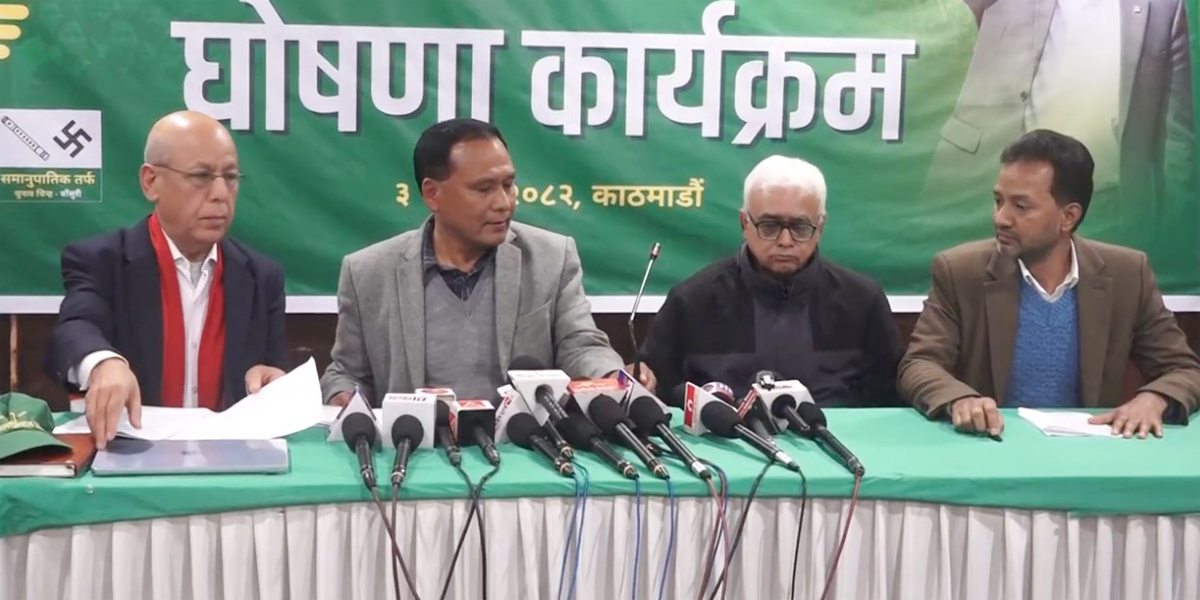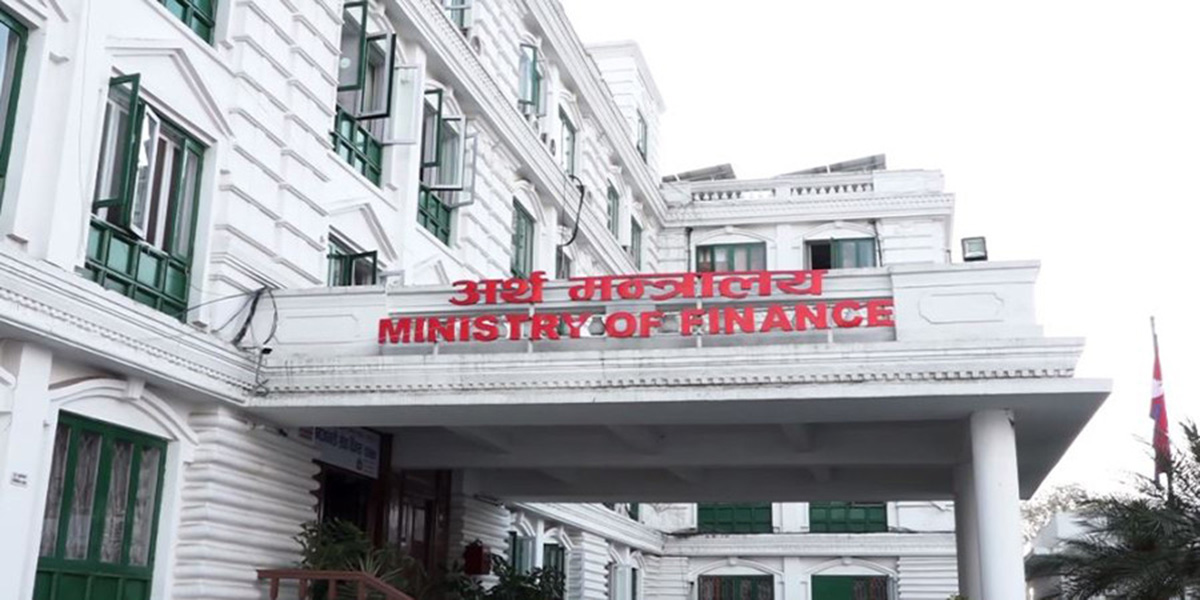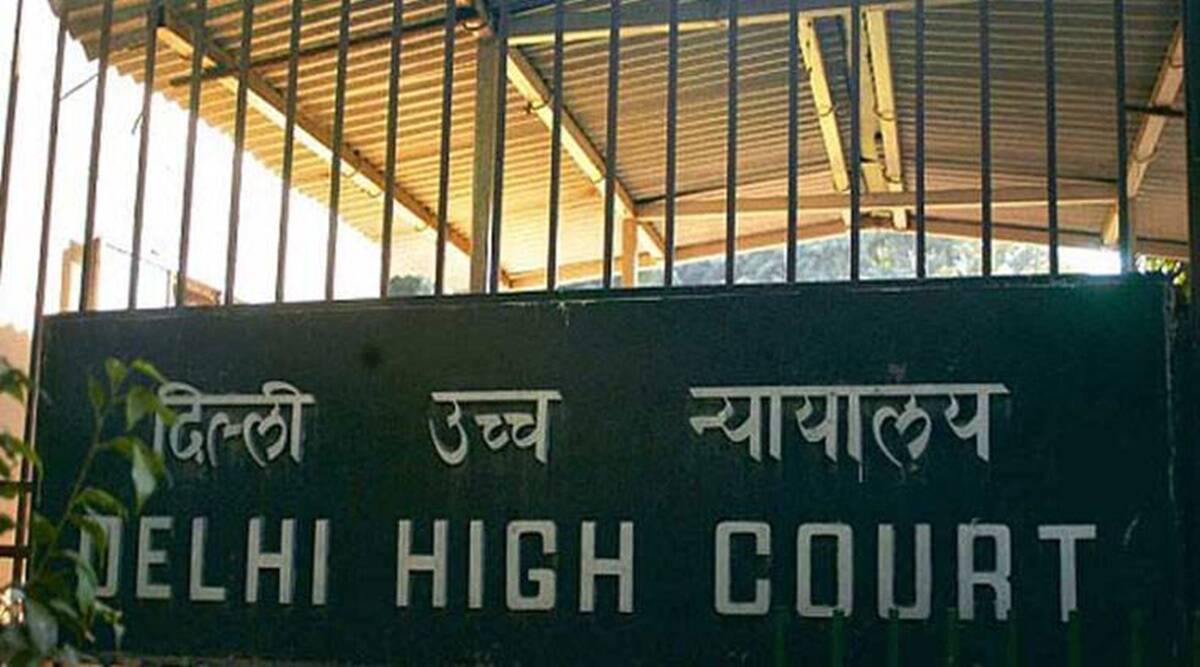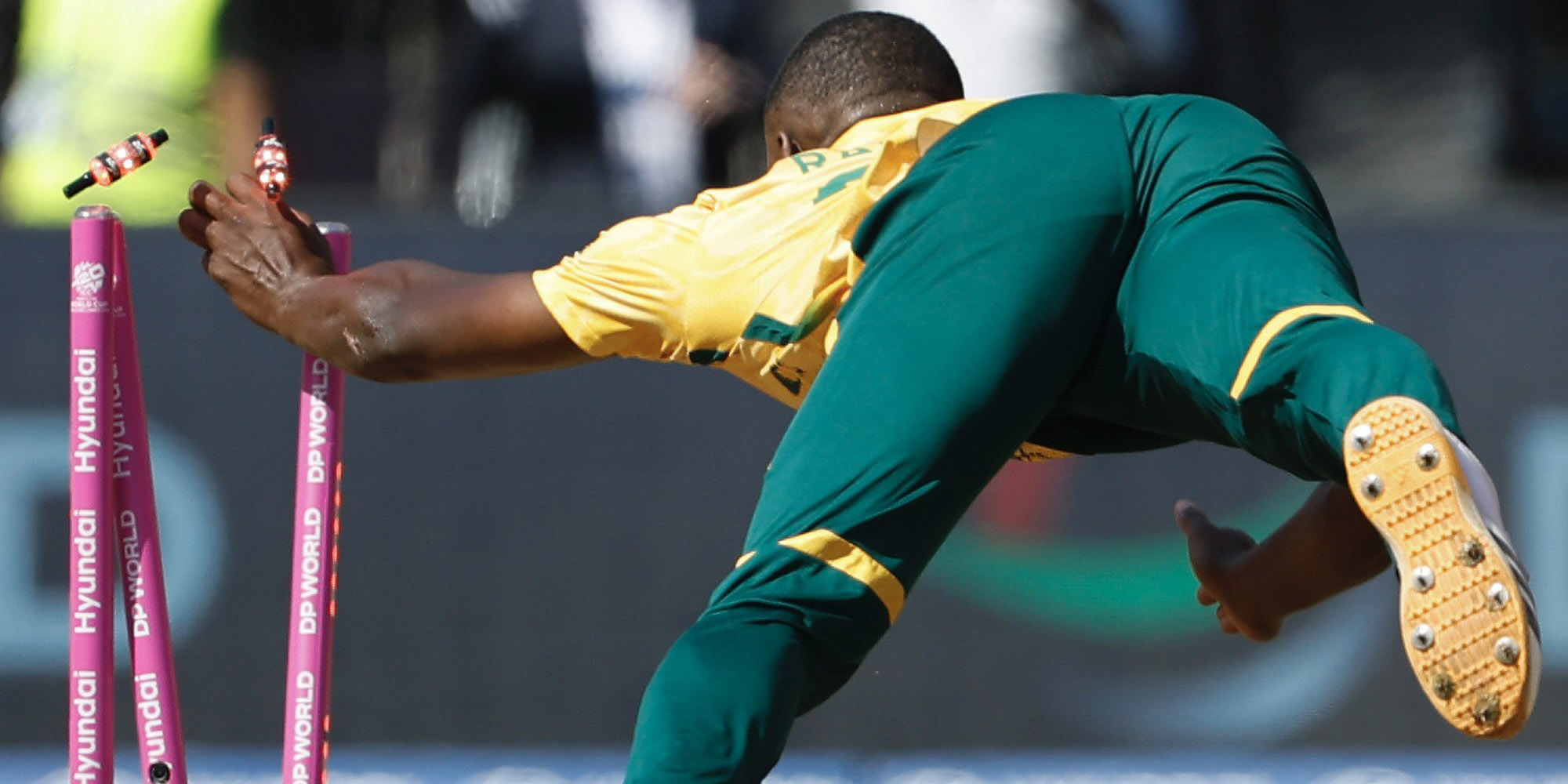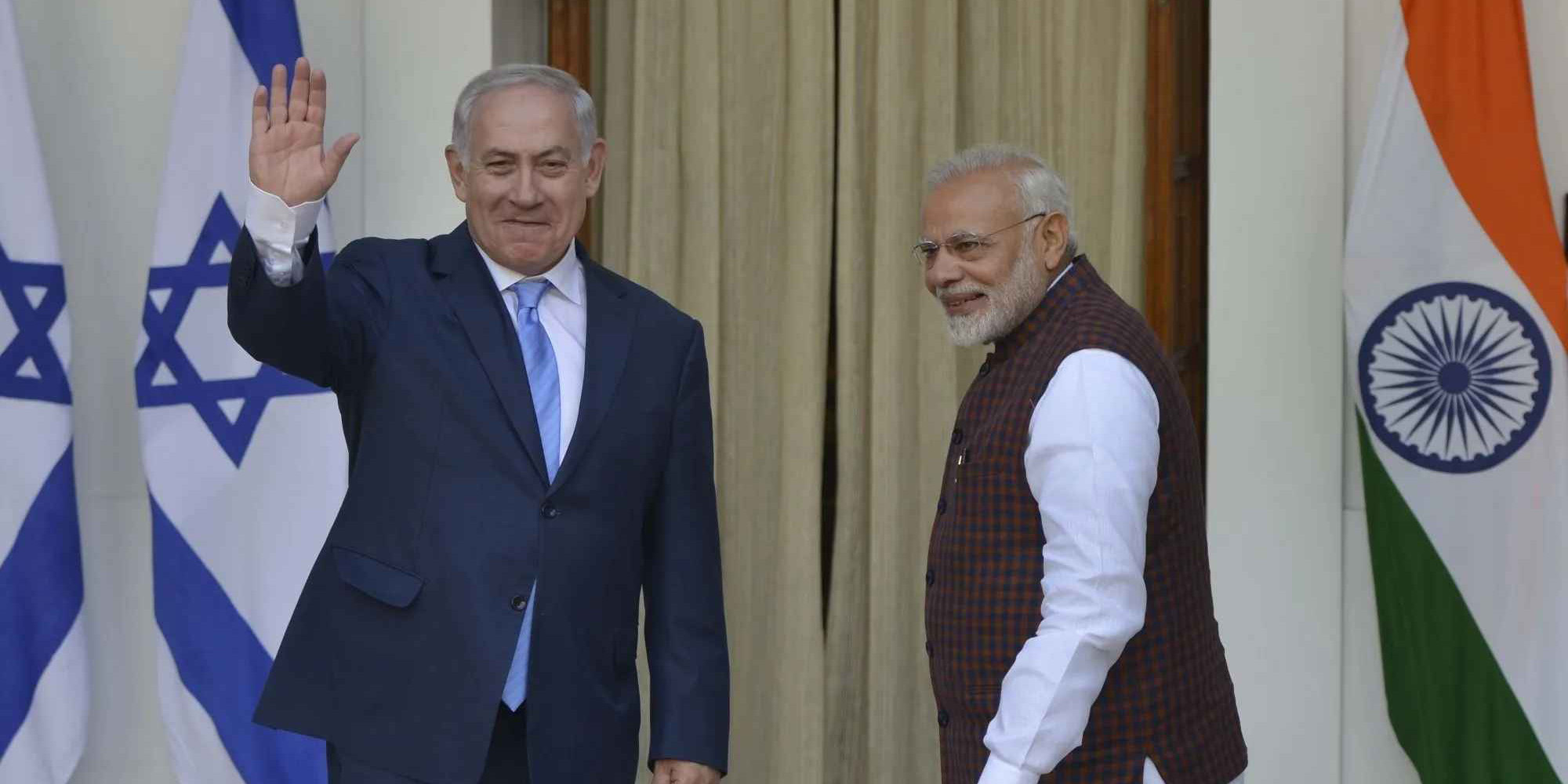
India’s reported arms ‘exports’ to Israel amid the Gaza conflict have sparked controversy.
It challenges India’s historical balanced stance on issues in the Middle East and the complexity of balancing strategic partnerships.
While deepening ties with Israel may bring technological benefits, arms export also risks straining relations with Arab countries and Iran.
Saudi Arabia, a crucial economic partner for India, might view these exports as contradictory to its foreign policy and regional stability goals, especially amid the sensitive Gaza conflict.
Iran, an adversary of Israel and supporter of Palestinian groups, for example, might see India’s actions as a betrayal. This could complicate India’s strategic and economic engagements with Iran, including the Chabahar port development, crucial for India’s access to Central Asia.
India needs to carefully address these challenges to maintain regional stability and protect its diverse strategic interests without compromising its long-standing moral commitments.
Protests greet ship
While arms transfers are inherently sensitive, controversial and shrouded in secrecy, the Indian arms export controversy intensified when the German-owned vessel Borkum, suspected of carrying weapons, faced protests in Cartagena, Spain, and diverted to Slovenia’s Koper port.
Al Jazeera confirmed the ship transported Indian arms to Israel’s Ashdod port. Despite denials from the ship’s manager, evidence indicated India’s discreet arms shipments to Israel during the conflict.
A video released by Quds News Network on June 6 showed missile debris labeled ‘Made in India’ after an Israeli bombing in Gaza, suggesting India-Israel missile collaboration. The video’s authenticity requires verification, but it indicated Indian involvement.
Premier Explosives Limited manufactures solid propellants for Barak missiles, which may be used in the conflict. The company confirmed exports to Israel, supported by findings by the Stockholm International Peace Research Institute. India’s defense ties with Israel also include an unmanned aerial vehicle facility by Adani Defence and Elbit Systems, producing drones used in Gaza.
With these reports emerging in international media, India’s foreign policy balancing act in the Middle East has come under scrutiny.
Why it’s complicated for India
Historically, supporting a ‘two-state solution’ and promoting dialogue in the Israeli-Palestinian conflict, India’s stance is complicated by its deepening strategic partnership with Israel.
Formal diplomatic relations since 1992, accelerated under Prime Minister Narendra Modi, marked a significant shift, especially after his 2017 visit to Israel.
Defence collaboration, a cornerstone of this relationship, includes uninterrupted imports of radars, drones, and missiles worth US$2.9 billion over the past decade. Despite defense ties with Israel, India advocates for a ceasefire and humanitarian aid for Gaza.
At the UN, India supported resolutions for a ceasefire and full Palestinian UN membership. Modi emphasized India’s commitment to a two-state solution and condemned civilian casualties in Gaza, balancing strategic interests with support for Palestinian self-determination.
India’s defense cooperation with Israel includes joint ventures like the Adani-Elbit UAV facility in Hyderabad. This partnership has bolstered India’s intelligence and surveillance operations along its borders with Pakistan and China, highlighting the practical benefits of this collaboration.
Meanwhile, India’s strengthened relationship with Israel has drawn criticism regarding its stance on Palestine.
India has condemned Hamas attacks, supported Israel’s right to self-defense and called for adherence to humanitarian laws. Amid the complex situation in the Middle East, India aims to maintain stability, protect economic interests, and ensure energy supplies.
Gaza war creates opportunities
Even as New Delhi strives to maintain a balanced approach, some observers noted that the Israel-Hamas conflict has created opportunities for India’s defence exports, with Israeli companies potentially relying more on Indian suppliers.
Driven by the ‘Make in India’ initiative, India’s defense sector has grown substantially. India’s strategic partnership with Israel reflects a balanced approach, advocating peace while pursuing strategic interests.
Despite Israel’s extensive military operations in Gaza, which began after Hamas militants killed 1,200 Israelis on October 7, the supply of defence equipment to India continued uninterrupted.
The specific needs of Israel’s war effort do not overlap with the equipment exported to India. As the fourth-largest military supplier to India, Israel helps India diversify its arms purchases and reduce dependency on Russian weapons.
According to Yedioth Ahronoth, India supplied Israel with advanced drones and other weaponry manufactured at the Adani-Elbit facility in Hyderabad, the first outside Israel to produce these drones. During February, 20 drones intended for the Indian military were redirected to the Israeli army. India also provided Israel with artillery shells and other weapons.
India faces calls from Palestine to reconsider its weapon exports to Israel, used in Gaza. This appeal was made by Palestine’s Minister of State for Foreign Affairs, Varsen Aghabekian, to Indian Representative Renu Yadav in Ramallah, amid reports that India has allowed arms exports to Israel since the conflict escalated.
India and Israel have robust bilateral cooperation in fields such as water, agriculture, counter-terrorism, and defense. Defense collaboration is a priority, highlighted by the November 2021 Bilateral Innovation Agreement between India’s Defence Research and Israel’s Directorate of Defense Research and Development and Development to promote innovation and R&D.
Diversifying defense supplies
The India-Israel defense partnership strengthened during the 1999 Kargil war when Israel supplied India with crucial military equipment, despite international pressure.
India has diversified its defense suppliers, reducing dependence on Russian equipment, with Israel becoming a top arms exporter alongside the US and France. Key purchases from Israel include Phalcon airborne early warning systems, UAV systems, and Spyder and Barak missile systems, totaling US$4.2 billion from 2001 to 2021.
This trade has been mutually beneficial, enhancing India’s intelligence and surveillance operations, particularly along the borders with Pakistan and China. In 2019, India used Israeli Spice 2000 bombs in a raid on a terrorist camp in Pakistan.
However, India’s arms exports to Israel could significantly impact its relations with Arab countries, especially Saudi Arabia and Iran, both strong supporters of the Palestinian cause.
Other Arab countries in the Arab League, which have historically supported the Palestinian cause, might also react negatively, perceiving a shift in India’s balanced approach as siding with Israel.
This could lead to diplomatic friction, affecting India’s economic interests, as Gulf Cooperation Council (GCC) countries are major trade partners and sources of remittances from the Indian diaspora.
K.M. Seethi is Director, Inter University Centre for Social Science Research and Extension (IUCSSRE), Mahatma Gandhi University, Kerala.
(Originally published under Creative Commons by 360info)



